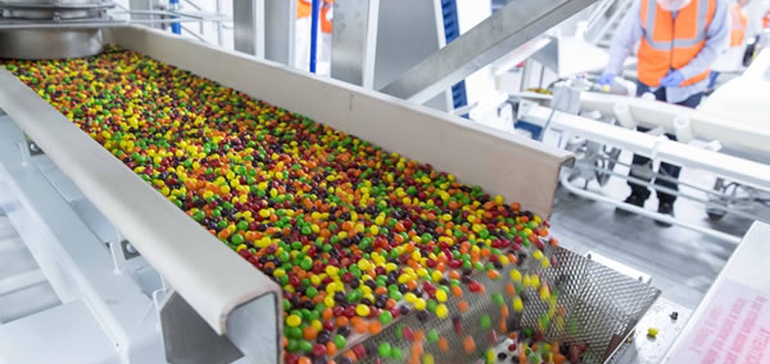Mars pledges net zero emissions by 2050 across its full value chain

Dive Brief:
- Mars has pledged to reach net zero greenhouse gas emissions across its full value chain by 2050 to align with the Paris climate agreement goal of limiting global temperature increases by 1.5 degrees Celsius. The maker of M&M’s and Skittles candies and Ben’s Original rice said this will include indirect emissions from agriculture to suppliers to the consumers of its products.
- The food giant also said it will be “strongly” linking its executives’ pay to meeting its emissions goals, and challenge its more than 20,000 suppliers to “set meaningful targets” to lower their own carbon footprint. It has also pledged to eliminate deforestation from its supply chain.
- The commitments build upon Mars’ existing goal of reaching net zero emissions in direct operations by 2040. While other food CPGs have pledged to cut emissions, Mars is raising the stakes by including suppliers and consumers in its 2050 goal, which will make it a more difficult — yet impactful — goal to achieve.
Dive Insight:
Food systems are responsible for about a third of global greenhouse gas emissions, according to research. Experts and investors are urging companies to set emissions reduction targets to help control rising temperatures and to examine their own vulnerability to devastating climate events that could greatly impact the global food supply.
Mars has made some progress here. The company said it has already cut emissions in its direct operations by 31% and in its full value chain by 7.3% since 2015.
The company has also examined the potential of cutting supply chain emissions. Earlier this year, Mars became the leading partner in a climate coalition formed with PepsiCo and McCormick and sustainability consultancy Guidehouse to drive emissions cuts in global supply chains.
According to Barry Parkin, Mars’ chief sustainability and procurement officer, the company’s supply chain goals would be a heavy lift as it involves many actors and moving parts.
“More than three quarters of our impacts are embedded in the materials that we purchase — so we must change what we buy or where we buy it or, perhaps more importantly, how we buy it,” Parkin said.
Mars also reaffirmed its commitment to regenerative agriculture, as well as providing carbon credits for any emissions that the company can’t neutralize. Parkin said that the agricultural sector will be “particularly hard” to decarbonize, thus credits will “have to play a part.”
In order to eliminate deforestation, the company says it will redesign its supply chains, specifically in how it sources five materials — cocoa, beef, pulp and paper, palm oil and soy — which pose the greatest risk to forests. This includes shifting from purchasing ingredients based on cost and increasing the transparency and traceability around the commodities.
Mars’ candy rival, Hershey, laid out its own climate goals that include reducing its direct and indirect emissions by over 50% by 2030, along with ending deforestation and making 100% of its plastic packaging recyclable.
Nestlé also intends to achieve net zero emission by 2050, and will be reformulating its products by using more “climate-friendly” ingredients. Meanwhile, Unilever has set 2039 to reach net zero emissions from its products. The CPG giant also will test carbon footprint labels on its products this year to give consumers a greater understanding of their own role in the climate crisis.
Food companies have announced different ways of keeping their emissions goals honest. Like Mars, Unilever has linked its sustainability goals to its executives’ pay, joining JBS USA, PepsiCo and Danone. And this week, General Mills launched a $500 million sustainability-linked bond linked to hitting its goal of lowering absolute greenhouse gas emissions by 30% across its value chain by 2030. Interest rates owed to the company’s investors will rise if it does not reach its interim goals by 2025.
Source: fooddive.com

